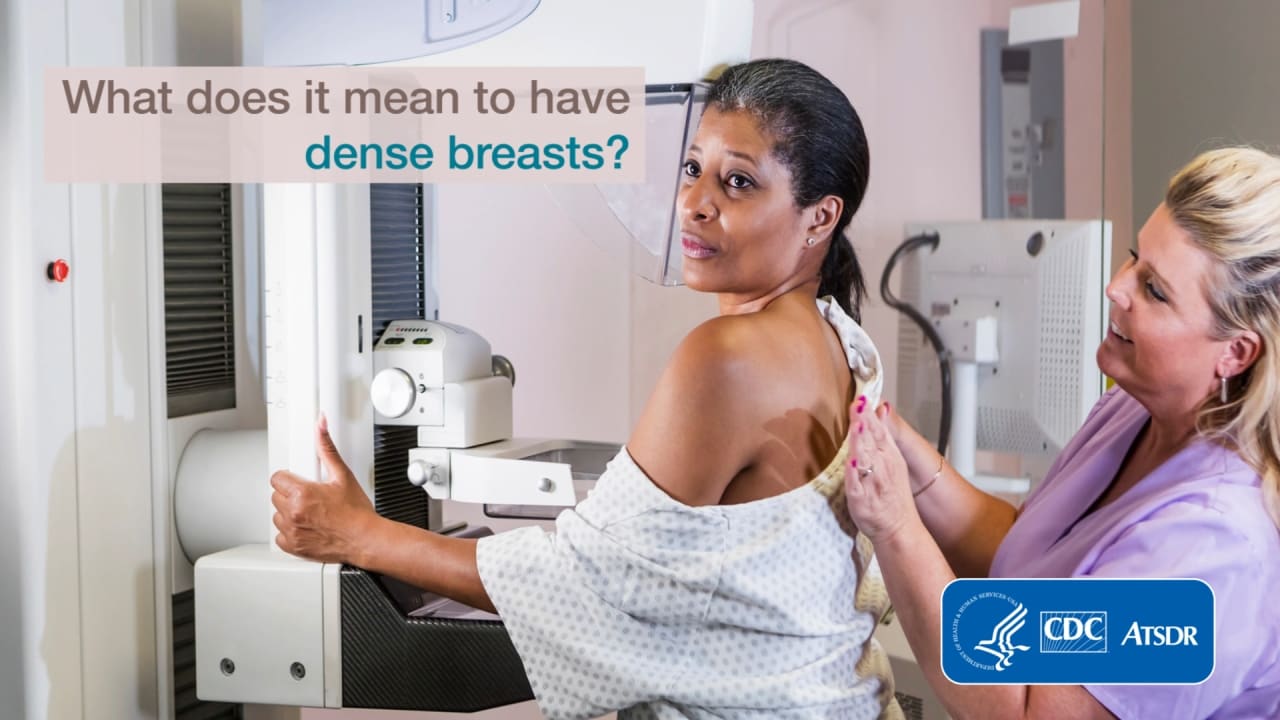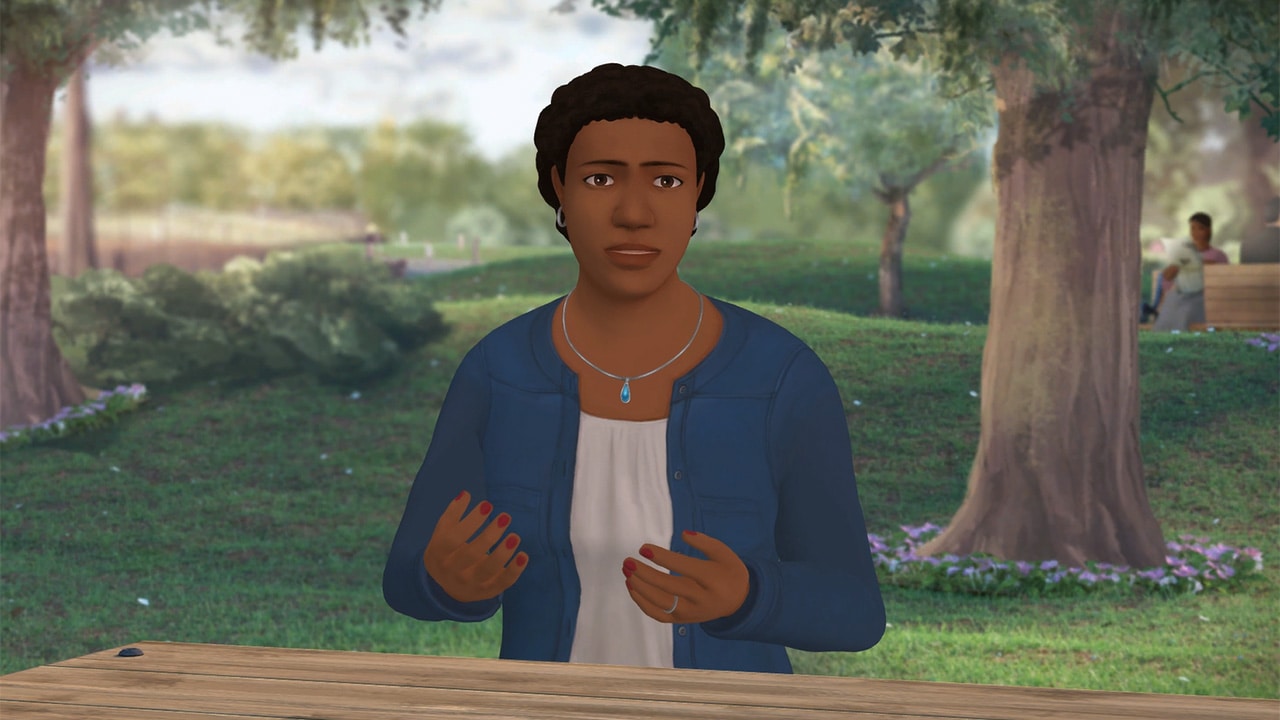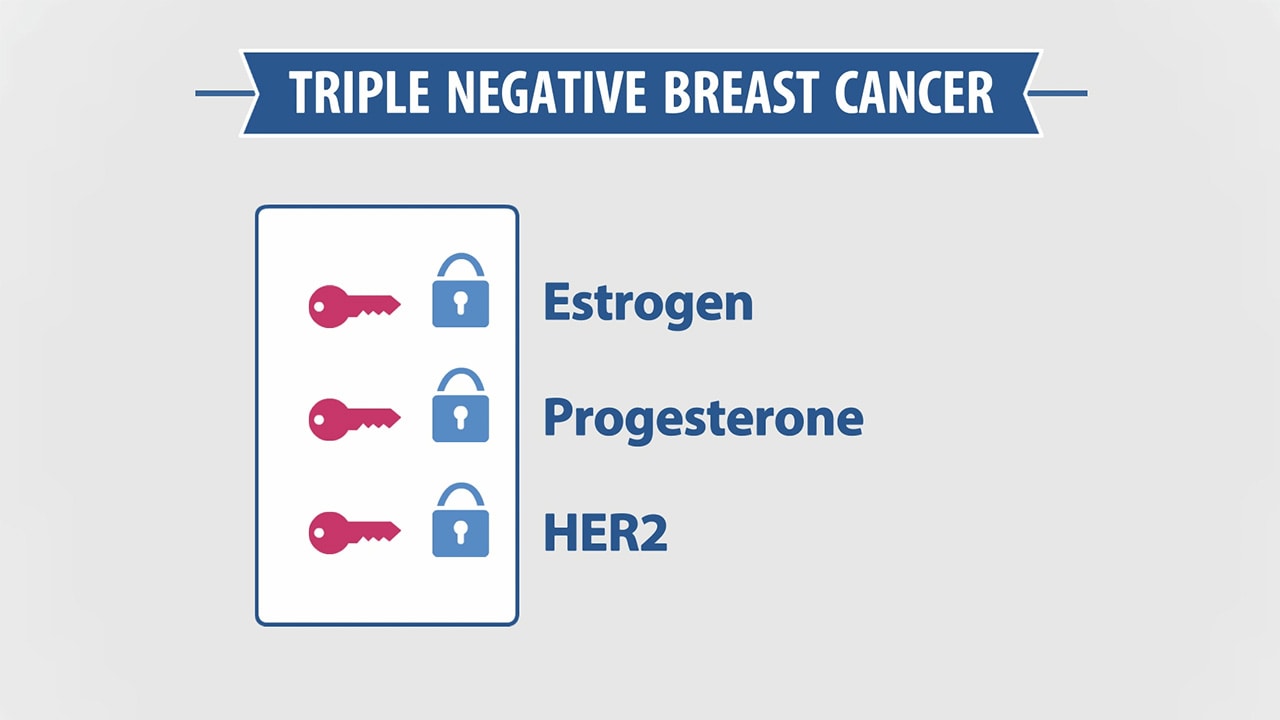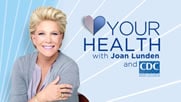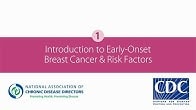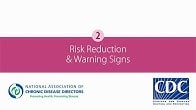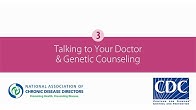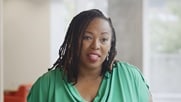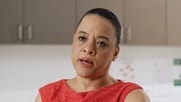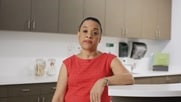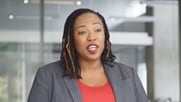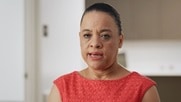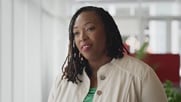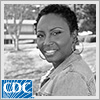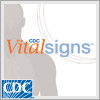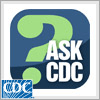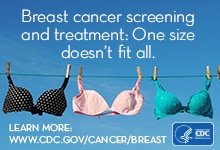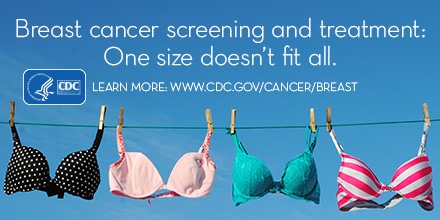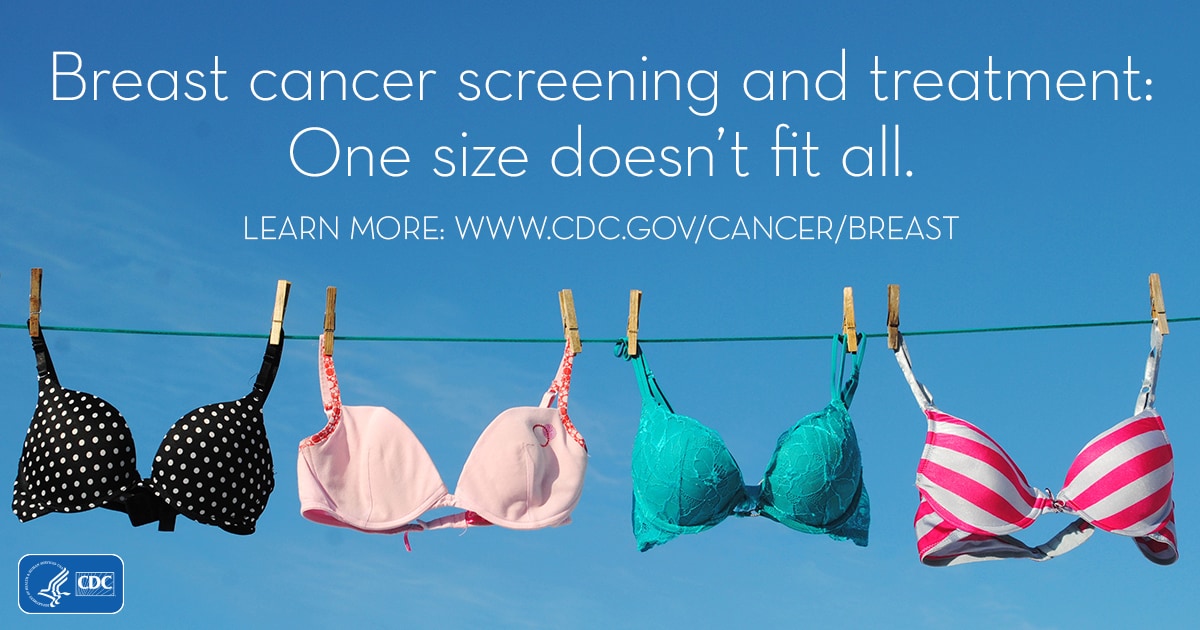Resources to Share
CDC offers scientifically accurate information about breast cancer in a variety of formats.
Videos
For stories about younger women and breast cancer, see the Bring Your Brave campaign videos.
When you get the results of your mammogram, you may also be told if your breasts have low or high density. Dr. Temeika Fairley explains what that means and why it’s important.
Meet Linda, a five-year triple-negative breast cancer survivor who can answer questions about your diagnosis and treatment options in a safe environment.
Listen to Linda explain how triple-negative breast cancer is treated. She uses houses, locks, and keys to explain cancer cells, receptors, and treatment options.
Joan Lunden encourages breast cancer patients to work with their doctors to determine the right treatment plan.
Joan Lunden discusses how chemotherapy was the best treatment plan for her breast cancer.
Learn about the risk factors for early onset breast cancer and find out what to do if you think you may be at risk.
You can lower your breast cancer risk, even at a young age. Watch this video to learn more.
Get tips on how to start a conversation with your health care provider about breast cancer risk, and learn how a genetic counselor can help you understand your risk.
CDC’s Dr. Temeika Fairley explains what she wants young black women to know about their risk of breast cancer.
CDC’s Dr. Lisa Richardson explains the link between drinking alcoholic beverages and breast cancer risk, and what you can do to lower your risk.
CDC’s Dr. Lisa Richardson explains why breastfeeding your babies can lower your risk of breast cancer.
CDC’s Dr. Temeika Fairley explains how a family history of breast cancer can raise your risk, and how to start the conversation about family health history.
CDC’s Dr. Lisa Richardson talks about the best time for women to start getting mammograms to screen for breast cancer.
You can make healthy choices to help lower your breast cancer risk. CDC’s Dr. Temeika Fairley explains.
Podcasts
The My Motivated Moment podcast series features compelling stories about personal experiences with breast cancer and how they took charge of their health.
“I knew that with my family’s history, there was a possibility that I would get breast cancer,” says Pam. She was diagnosed at age 43.
Better screening and treatment have contributed to a decline in breast cancer deaths, but not all women have benefited equally.
This podcast answers a listener’s question about how to tell if she has breast cancer.
